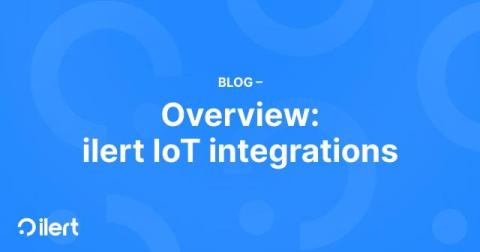Balancing Proactive Work and Firefighting in Site Reliability Engineering
As an SRE, you constantly juggle proactive tasks to improve reliability and scalability with reactive firefighting when issues arise—often leaving little time to address the root causes. This is not unlike the firefighters of Ancient Rome, the Vigiles, who were tasked with not only responding to fires but also preventing them. Established in 6 AD under Emperor Augustus, the Vigiles patrolled the streets of Rome, looking for potential fire hazards.











